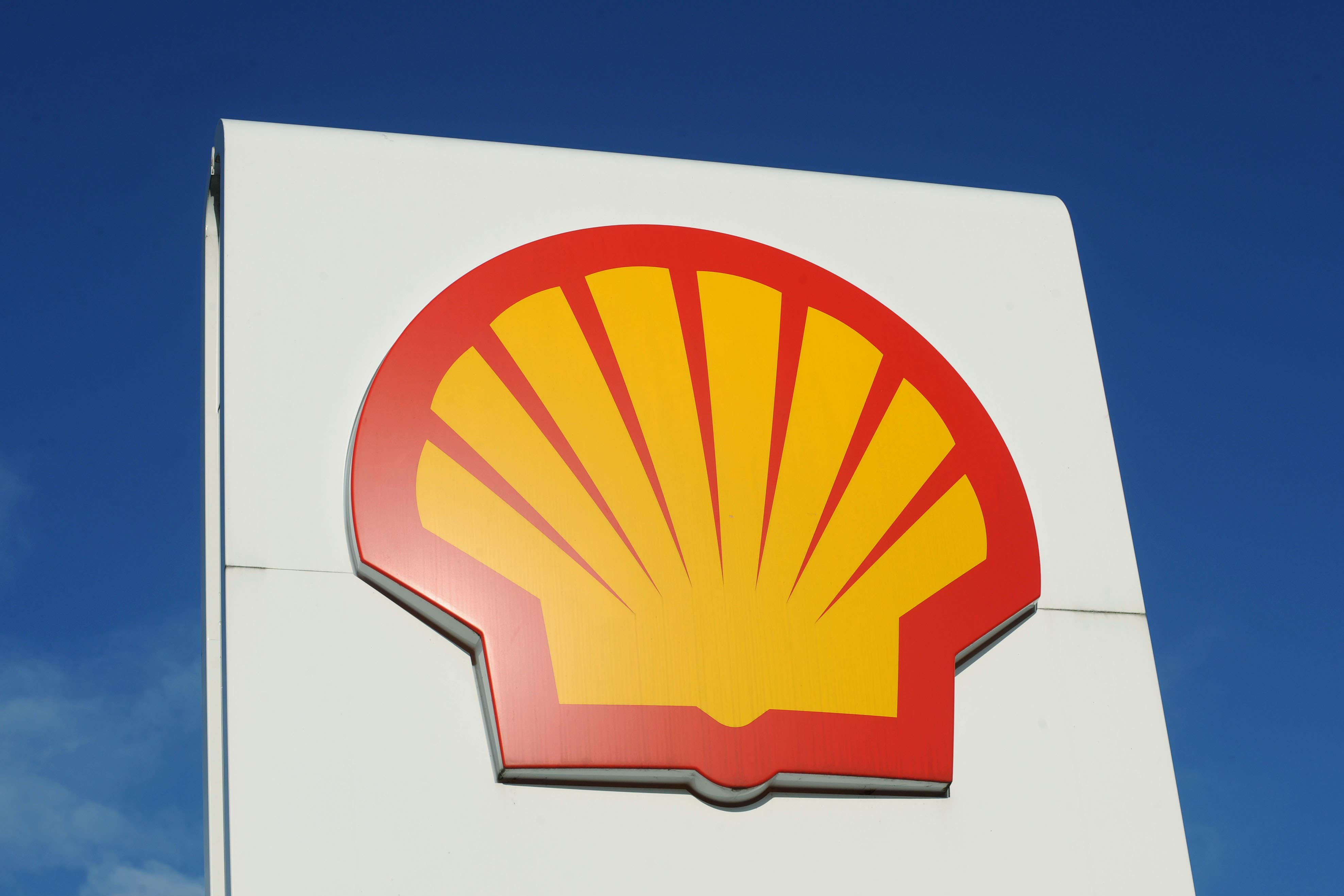Shareholders will look for clues on Shell buybacks
The oil giant is releasing its full-year results on Thursday.

Your support helps us to tell the story
From reproductive rights to climate change to Big Tech, The Independent is on the ground when the story is developing. Whether it's investigating the financials of Elon Musk's pro-Trump PAC or producing our latest documentary, 'The A Word', which shines a light on the American women fighting for reproductive rights, we know how important it is to parse out the facts from the messaging.
At such a critical moment in US history, we need reporters on the ground. Your donation allows us to keep sending journalists to speak to both sides of the story.
The Independent is trusted by Americans across the entire political spectrum. And unlike many other quality news outlets, we choose not to lock Americans out of our reporting and analysis with paywalls. We believe quality journalism should be available to everyone, paid for by those who can afford it.
Your support makes all the difference.Shareholders will be keen to see whether Shell has managed to keep the money flowing as it could indicate the company’s ability to return cash to them.
The company reports full-year results on Thursday, with analysts expecting its annual adjusted earnings to hit 26.82 billion dollars (£21.08 billion) in the full year.
It would imply the oil giant earning around 6.04 billion dollars (£4.75 billion) in the last quarter of the year, a reduction of a little under 40% on a year earlier.
Analysts Giacomo Romeo and Kai Ye Loh at Jefferies said last month the company had provided a poor outlook for its cash flow from operations.
That and some other issues are “leading to concerns around Shell’s ability to maintain the current level of buybacks”, the analysts said.
Volatile pricing is part and parcel of being an energy company. However, an increased commitment to shareholder distributions and significant investment plans in both traditional and renewable energy means that there’s growing competition for funds
Derren Nathan, head of equity research, Hargreaves Lansdown, said there is “growing competition for funds” in Shell between those who want to return money to shareholders and those who want to invest in renewable energy.
“Investors are not expecting to see a dip in oil and gas production in Shell’s fourth quarter numbers next week,” he said.
“However, lower refinery utilisation and weaker commodities prices have the potential to dent cash flows.
“Volatile pricing is part and parcel of being an energy company. However, an increased commitment to shareholder distributions and significant investment plans in both traditional and renewable energy means that there’s growing competition for funds.
“Meanwhile, there’s been mounting pressure for Shell to double down on its renewable commitments. So, investors will be keeping a close eye on Shell’s plans to allocate its cash in 2024.”
Politicians and campaigners will look for any new serious money that Shell might throw at its environmental ambitions.
It is now four years since Shell set out its goal to be “net zero” by the middle of the century, in line with the UK Government’s ambition.
However, in July last year the company abandoned one of its green pledges, which was to cut oil production by 1% to 2% each year until the end of the decade.
Shell said it was walking away from the pledge because it had already been achieved. By selling off some oil and gas fields the company’s production was already lower than it would have been in 2030 under the old plan, it said.
Critics said the buyers of these oil and gas fields would still extract the oil and sell it to be burnt, so while Shell’s carbon footprint might be lower as a result, global emissions will not change.